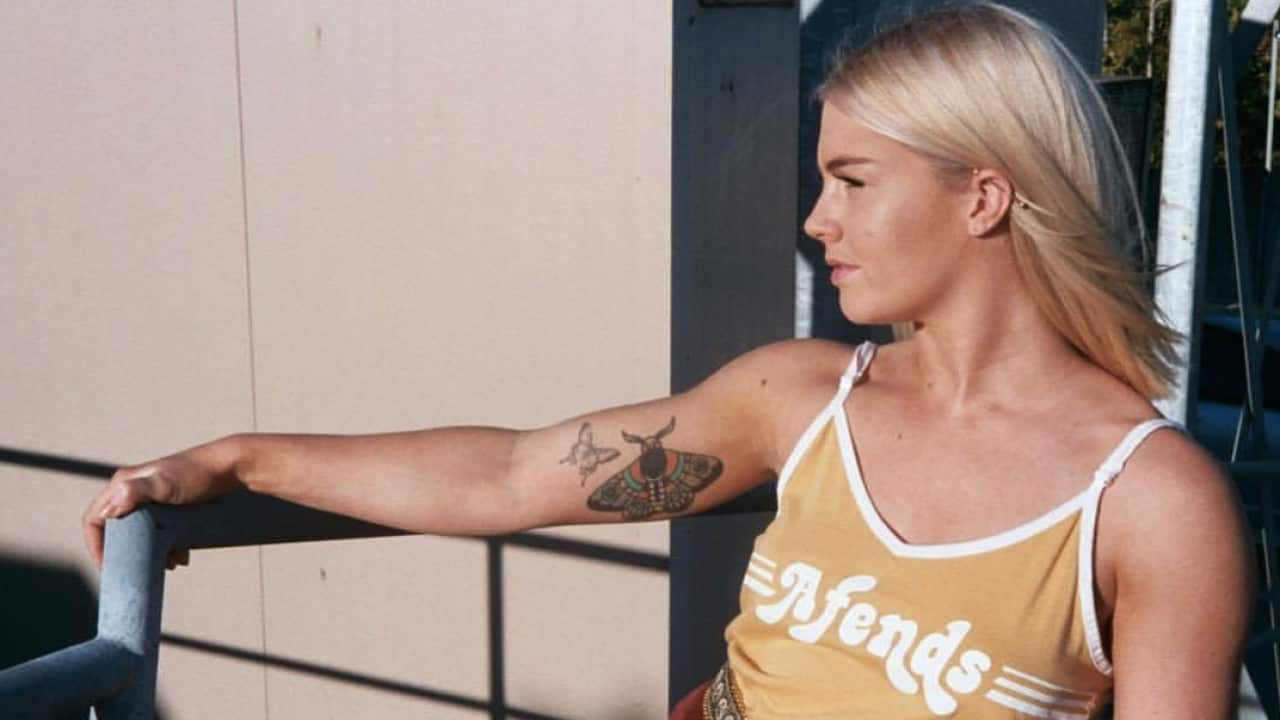I knew Annie was a stripper when we started dating, and I didn’t think much about it. From when we first got to know each other through to when things got serious, she talked about her job like you talk about any other job – the good and bad customers, the slow bonds you make with co-workers, the occasional issues with management – and I felt like it wasn’t having any negative impact on our relationship.
In fact, about a year and a half later, it’s helped strengthen it.
I gave Annie a key to my house late last year, and since then she’s come over early in the morning most weekends after finishing her shifts. A routine has started where as I start to wake up, she falls asleep telling me about the night she just had.
Learning more about her work, I get the sense that Annie makes most of her money through bookings and her ability to engage people in conversations. I hear about nights spent listening to men destress, unload, and in general complain about friends, family, work, or any other part of their lives that bother them. In turn, I hear about Annie reassuring them, holding up their self-esteem, and validating their feelings, emotional labour in a very literal sense.
Constantly providing this emotional labour at work has made Annie hyper-aware of how often she is also expected to provide it outside of work, and of a crucial difference that marks the two spaces. Her club is a setting where emotional labour is explicitly sought by men and its value is clearly laid out in an hourly rate. The world and men outside it, however, often expect that work for free without even realising we are receiving it. Just like any other kind of labour, that could be alright if it was reciprocated or returned in kind, but that’s not always the case.
Her club is a setting where emotional labour is explicitly sought by men and its value is clearly laid out in an hourly rate.
This is where I come in.
The anniversary of Annie’s uncle’s passing came about a month ago, and I screwed up. Not only did I forget about that important date, I also organised for a friend to visit from interstate and stay at my house over those few days that Annie wanted me close by to support her. She told me I’d let her down when she found out, and as I started apologising, the focus of that conversation shifted to me and how bad I felt.
Without even trying, and despite clearly being the one in the wrong, I made myself the centre of attention and expected emotional support for my guilt. Realising what was happening, Annie called me out. I was avoiding accountability for my mistake and was instead asking her to help me process my feelings.
It was challenging being called out like that, denied comfort that I didn’t realise I was seeking because I was so conditioned to having it. My initial response was apprehension, simply freezing and thinking over what had developed.
Any negative feelings I had about that confrontation came from a fear that I might lose something if I acknowledged my behaviour as problematic. I could easily have seen it as Annie threatening to withdraw her love and support from our relationship simply because I did something I thought was normal.
I was wrong, my guilt was my own, and I had no place asking for her support to process it.
But it was much more constructive to be called out on it and accept it. I was wrong, my guilt was my own, and I had no place asking for her support to process it. This was someone I love telling me I’d gone too far and expected too much emotional labour when I hadn’t given nearly enough. She was not threatening to withdraw anything but was simply asking that I do some of the emotional labour myself.
I acknowledged that my behaviour wasn’t right and apologised without seeking comfort again. We’ve moved on from that incident, but I think back on it so much now because I never thought I was the kind of man who would do that. I still feel a lot of shame, and my challenge now is to confront that shame and learn from it.
I’ve realised how often I sought emotional labour from the women in my life without reciprocating it, especially when I was in high school and university. I’m making conscious efforts to maintain a balance now, and to treat the women in my life as fairly and equally as I thought I did. Spending more time just listening to female friends, and making sure I’m there for Annie when she needs me, are part of that, along with creating and maintaining more emotional dialogues with male friends that should have started a long time ago.
Like most men, I hope I’m a good one and want to be a good one. Despite that, I’ll almost definitely and deservedly be called out again in the future. When that happens, I’ll need to look beyond the fear and the threats it might trigger, towards what’s really being asked of me, and to face the shame for what it can show me.
*Writer's name has been changed for privacy





